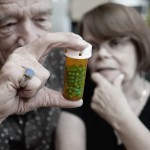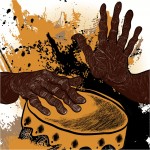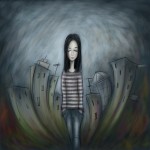
Depression is common in patients with dementia and antidepressants are widely prescribed for this population although the evidence remains limited. This randomised controlled trial conducted by researchers at the Institute of Psychiatry in London and published in the Lancet, explored the safety and efficacy of two widely-used drugs (sertraline and mirtazapine) in patients with dementia and [read the full story…]








